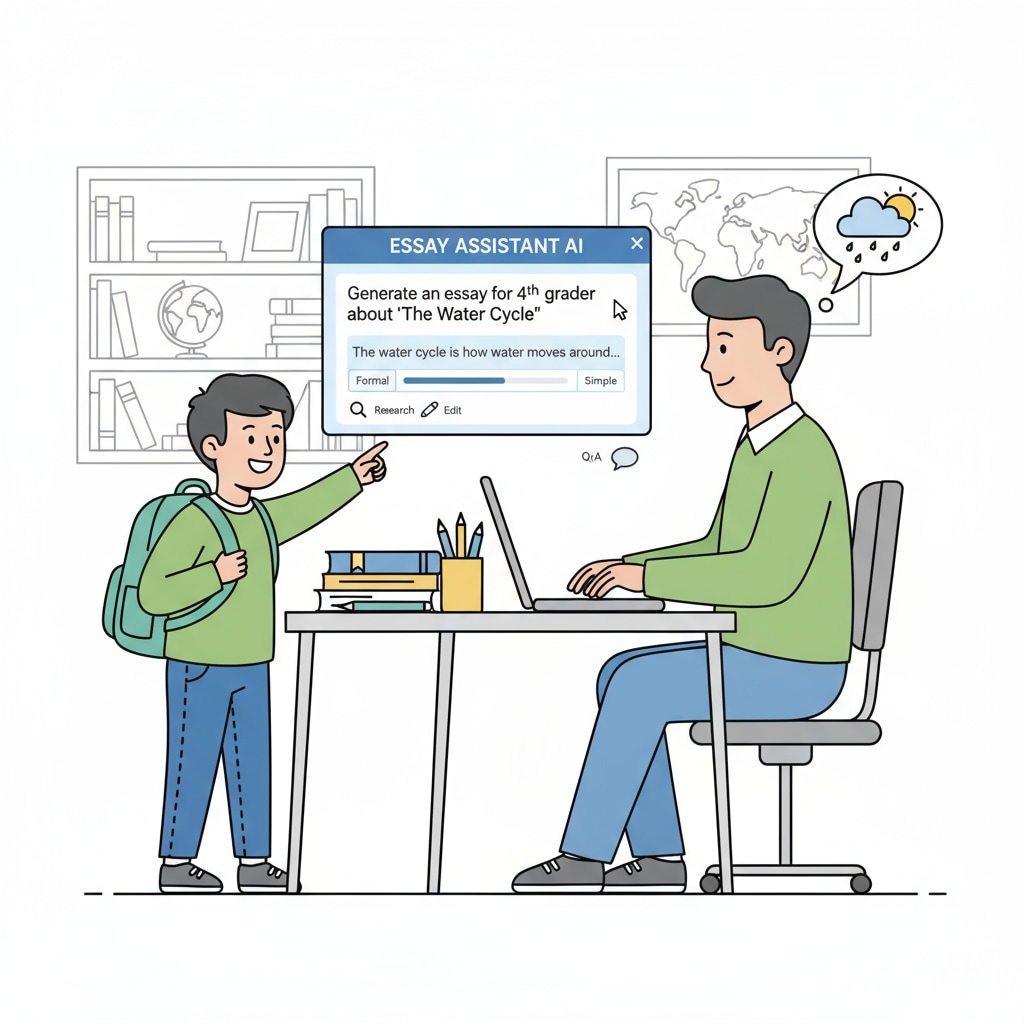AI cheating, parental indulgence, and writing anxiety have become hot topics in the educational realm as the use of AI in children’s homework is on the rise. The spread of AI technology, such as ChatGPT, has made it alarmingly easy for some parents to step in and complete their children’s writing assignments. This phenomenon has sent shockwaves through the education community, raising serious questions about the nature of learning and academic integrity.

The Temptation of AI for Parents
There are several reasons behind parents turning to AI for their children’s writing tasks. Firstly, writing anxiety among students is a prevalent issue. Many children struggle with expressing their thoughts coherently on paper, which can lead to frustration and poor academic performance. Parents, out of love and concern, want to spare their children this distress. For example, they might see their child spending hours staring at a blank page, and in a moment of desperation, decide to use AI to get the assignment done. According to Education.com, writing anxiety can affect a significant portion of students, making it a real concern for parents.
In addition, some parents may have high expectations for their children’s academic achievements. They believe that a good grade in a writing assignment is crucial for their child’s future. They might think that by using AI to produce a polished piece of writing, they are giving their child an edge. This parental indulgence stems from a misinterpretation of what true learning and academic growth entail.
The Detrimental Effects on Children
This practice of using AI to complete writing assignments has far-reaching negative impacts on children. When parents use AI to write for their kids, children miss out on the opportunity to develop essential writing skills. Writing is not just about putting words on paper; it’s a process of critical thinking, organizing ideas, and self-expression. By bypassing this process, children are unable to improve their creativity, grammar, and vocabulary. As stated by Psychology Today, critical thinking is closely linked to writing skills, and the lack of writing practice can hinder its development.

Moreover, this form of AI cheating can erode a child’s sense of responsibility and self-confidence. When they submit work that is not their own, they are not truly achieving success through their own efforts. This can lead to feelings of inadequacy when they are eventually faced with tasks that require their genuine skills. They may also develop a habit of relying on external help, which is not sustainable in the long run.
Readability guidance: As we can see, the use of AI by parents to complete children’s writing assignments is a complex issue with multiple aspects. By examining the reasons and impacts, we can better understand the need to address this problem. In the next part, we will explore ways to redefine learning integrity in the age of AI.


